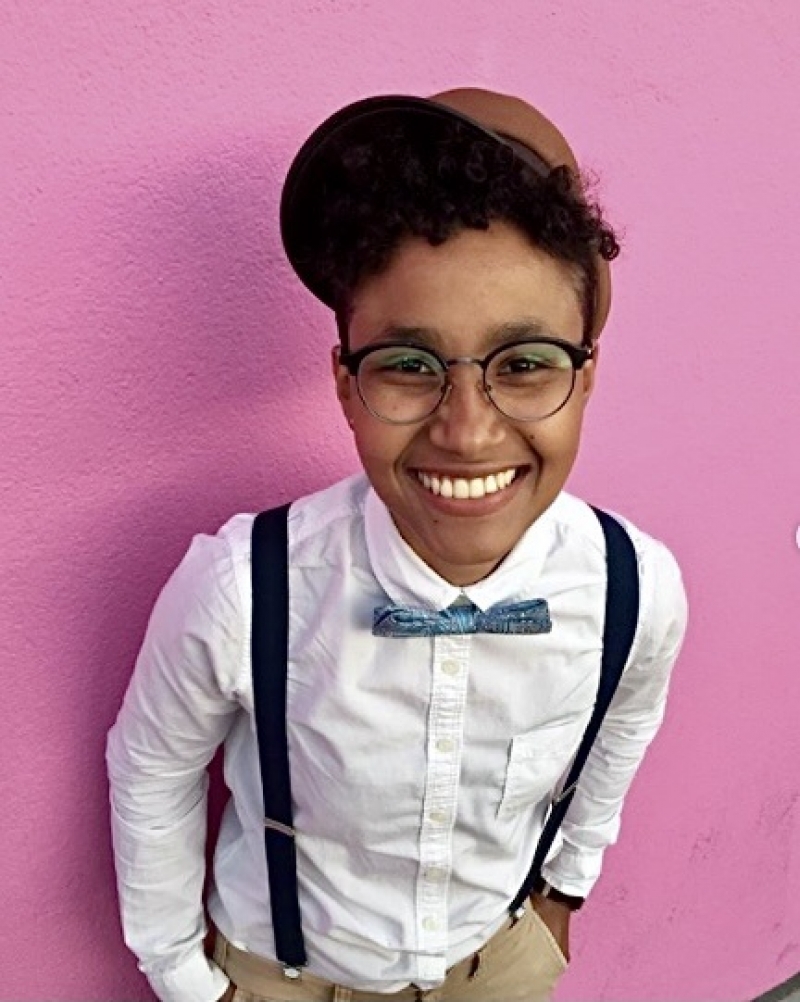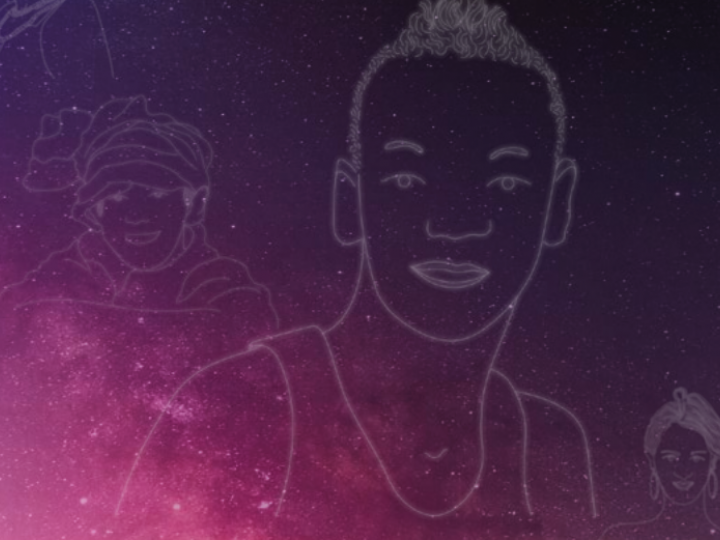Barbara Smith, an African-American queer feminist and writer, explained in an article in The New York Times why she stopped being part of the mainstream Pride celebrations in June. The reason was obvious: Many lesbian, gay, trans, queer and bisexual people, especially those marginalised because of their skin colour or ethnicity, remain deprived of their rights, and continue to live on the margins. While we cannot compare the African-American queer context in the United States with the one in Latin America, we can say that the situation of LGBTQIA+ people in the region is improving at a snail's pace, and that we do not have much to celebrate.
In Colombia, the difficult conditions in which the majority of this population lives, the crimes of prejudice and hate, the armed conflict that plagues rural areas and the constant threats to organisational processes and leaderships, make their lives, wellbeing and - at the end of the day - their citizenship, precarious.

In June, we must remember this struggle with pride and continue to reclaim our citizenship with strength. It has been a long road demanding security, health, work, education and non-violence, among other guarantees that are more accessible from heteronormativity and binarity. Since the Stonewall riots in New York in June 1969 - or since 1982, the year in which the first Pride march was held in Colombia - we have won some victories, but not the materialisation and enjoyment of our full citizenship. We have achieved the depathologisation of trans and gender-diverse identities, the decriminalisation of homosexuality, which in Colombia was only achieved until 1980, and the recognition of economic rights by the Constitutional Court in Ruling C-075 of 7 February 2007, but in Colombia we continue to be treated as second-class citizens.
Even until 2018, we only knew how many of us who live in urban areas of the country, as the National Administrative Department of Statistics (DANE) did not measure the rural areas. The statistical invisibility of this population is one of the first barriers to improving the quality of life. The LGBTQIA+ people who live in rural areas and who we still do not see, have suffered historical limitations in access to basic services and the onslaught of the armed conflict. Displacements, threats, crimes against liberty and sexual integrity, homicides, torture, crimes of prejudice and hate have been documented by different human rights organisations that have denounced the precarious situation of this population in rural areas, aggravated by their ethnic-racial identity.
"In Colombia, we continue to be treated as second-class citizens." Dayana Blanco


